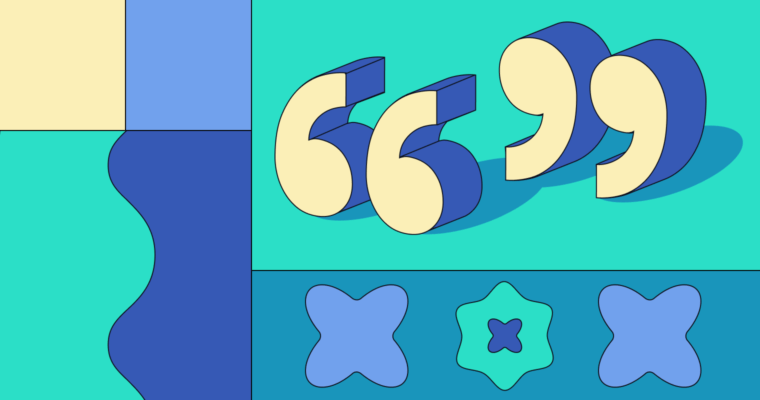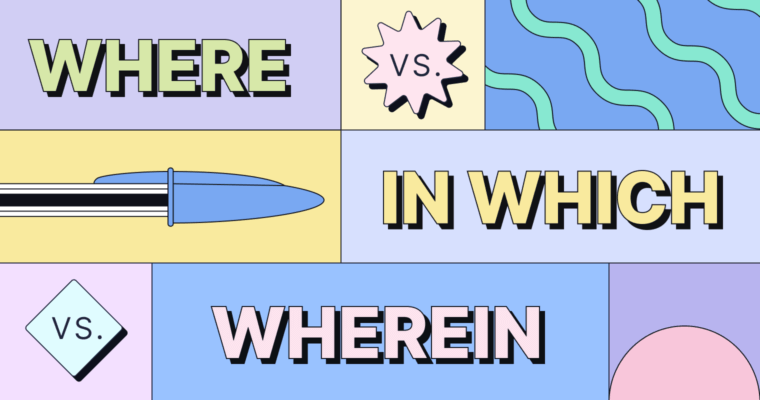
According to Oxford Dictionaries, the verb get is one of the top five most commonly used verbs in the English language. Some sources say gotten is the past participle of get, but is that correct?
Got vs. gotten
People in the United States and Canada use gotten for the past participle of got in most cases, but in English-speaking countries outside of the U.S. and Canada people typically use got.
Both got and gotten existed as far back as Middle English. English speakers in North America preserved gotten as the past participle of get. Outside of North America, the shortened version became standard.
Examples of gotten
Here are a few examples of how an American speaker would use gotten in a sentence:
- I’ve gotten better at singing since I started taking lessons.
- Movie tickets have gotten so expensive!
- Once you’ve gotten the computer working, would you try to fix the TV?
Most British speakers would use got instead of gotten in these sentences, or else change the phrasing entirely.
Have got + noun phrase simply means “to have in one’s possession.” This phrasing is more common in British English than in American English.
Examples of got
- I have got a hold of her now, so let’s talk.
- The Manchester City goalkeeper believes Liverpool have got a top player on its hands.
- Dee had got tired of waiting for the rain to stop.
Have got to + verb phrase means “must.” Both American and British speakers use this phrasing, especially when they want to add emphasis.
- We don’t have a choice, we’ve got to find a way out.
- You’ve got to see it to believe it.
If you live in the United States or Canada, you will probably choose gotten as the past participle of get. If you are in another part of the world, you might favor got. No matter where you speak English, get is a common verb, so it’s important to use it correctly.






